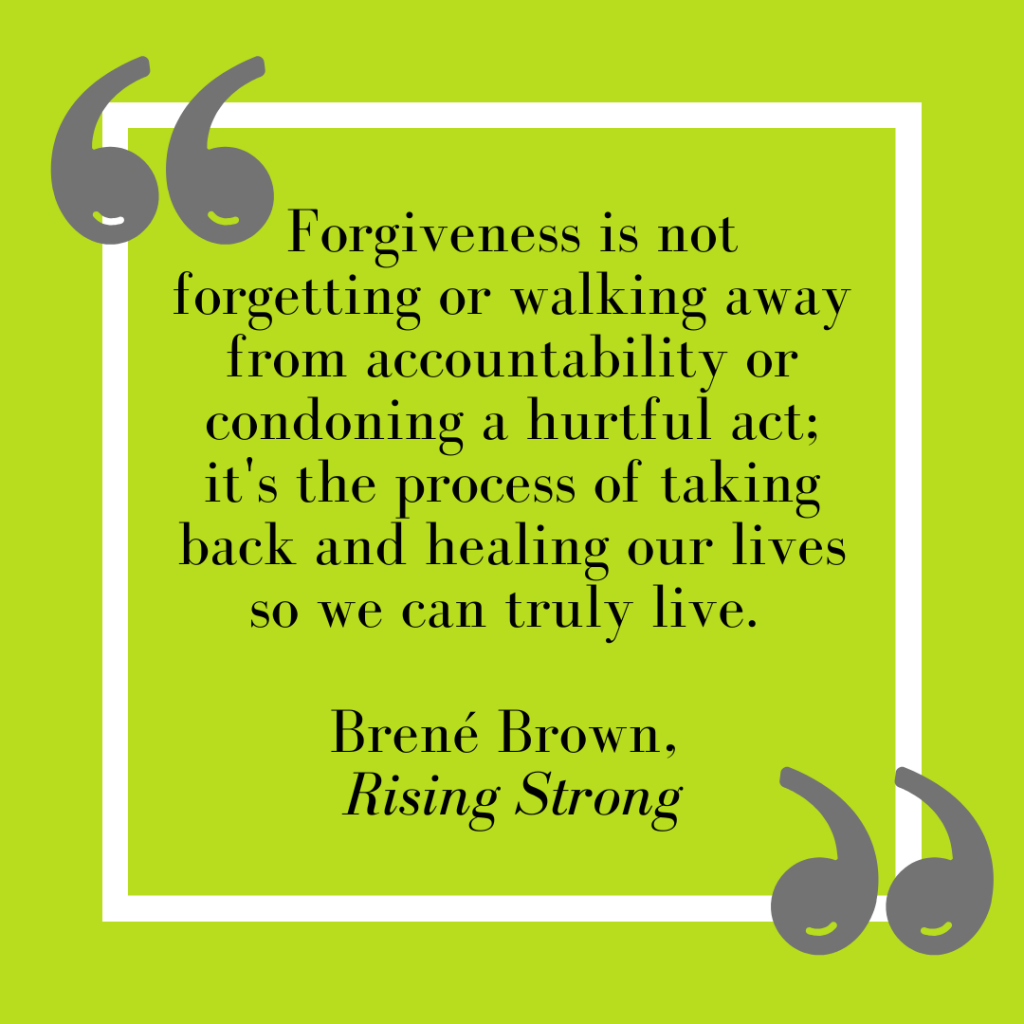Sunday Blog 68 – 22nd January 2023
Trigger warning – this post talks about crime, punishment, forgiveness and might stir up difficult emotions or memories. Please take care when reading.

Just after Christmas I read an article about a man called Abdi. He was deliberately run over by a woman while riding his bike in suburban Brisbane. He didn’t know her at all. This Shelley Anne Alabaster then pursued Abdi in her vehicle for a terrifying twenty minutes.
Abdi forgave her for many reasons and pleaded for clemency for her to be released from prison. She had already been on remand for over a year. She was not travelling well mentally or in her sobriety at the time. Abdi understands in his bones the vicious trap of the revenge and violence cycle from his birthplace of Mogadishu he had to leave behind.
“I don’t know if it is appropriate for me to say this,” Abdi says, “but in Australia they are obsessed with punishment. Crime and punishment.”
The article explores the topic more fully, saying ‘“Abdi understands the desire for retributive justice as innate to the human condition.
“It emotionally fulfils our need of feeling safe, when you have someone sent to jail on your behalf, or the state avenges on your behalf, it gives you this emotional satisfaction,” he says.
“But, at the end of the day, nothing has been achieved.”’
Abdi is troubled that she has missed Christmas with her family. I read the article with poignant interest. I often despair about Australia’s obsession with crime and punishment, and erroneous belief that this alone will deliver community safety despite all evidence to the contrary.
And yet, the 21st of December is now Gravy Day in Australia. This refers to our beloved singer songwriter Paul Kelly and his song How to Make Gravy. It’s a lament from the point of view of an incarcerated prisoner, writing to a family member on 21st December. Its national popularity seems to speak of a potential change of hearts and minds in relation to offending, prison, incarceration.
It was a song that haunted me because, like Abdi, I was the victim of a serious crime, a home invasion by someone I didn’t know. This is over twenty years ago now, but I still recall how painful it was to me to know the offender would be incarcerated, even for so serious a crime. I had made the phone call to police and started up the machinery of justice.
He was (presumably still is) a father, and missed at least eight Christmases with his children while he served in the prison sentence for the crime against me.
Then there was the moment when the Making Gravy song came on my car radio. He had been in prison about six years by then and much of my healing had been done. But the song jabbed me unexpectedly, my sobbing frightening my young daughter. I realised that the painful feelings about his incarceration would not go away until I followed through with organising a victim-offender mediation conference. This allowed me to talk to the offender face to face, but in a safe and structured way. And it gave me some peace, helped me “truly live,” as Brene Brown says in her quote above.
There is always another round of calls for a “tough on crime” stance, and longer penalties, even against children. I often want to say, “I could find it in my heart to forgive someone who hurt me. Why can’t you find it in your heart too?” Will there ever be a Gravy Day change of heart in Australia?
My memoir Not My Story about surviving the home invasion and doing my bit to create change for the better can be found on my website. A respectful trigger alert applies.
